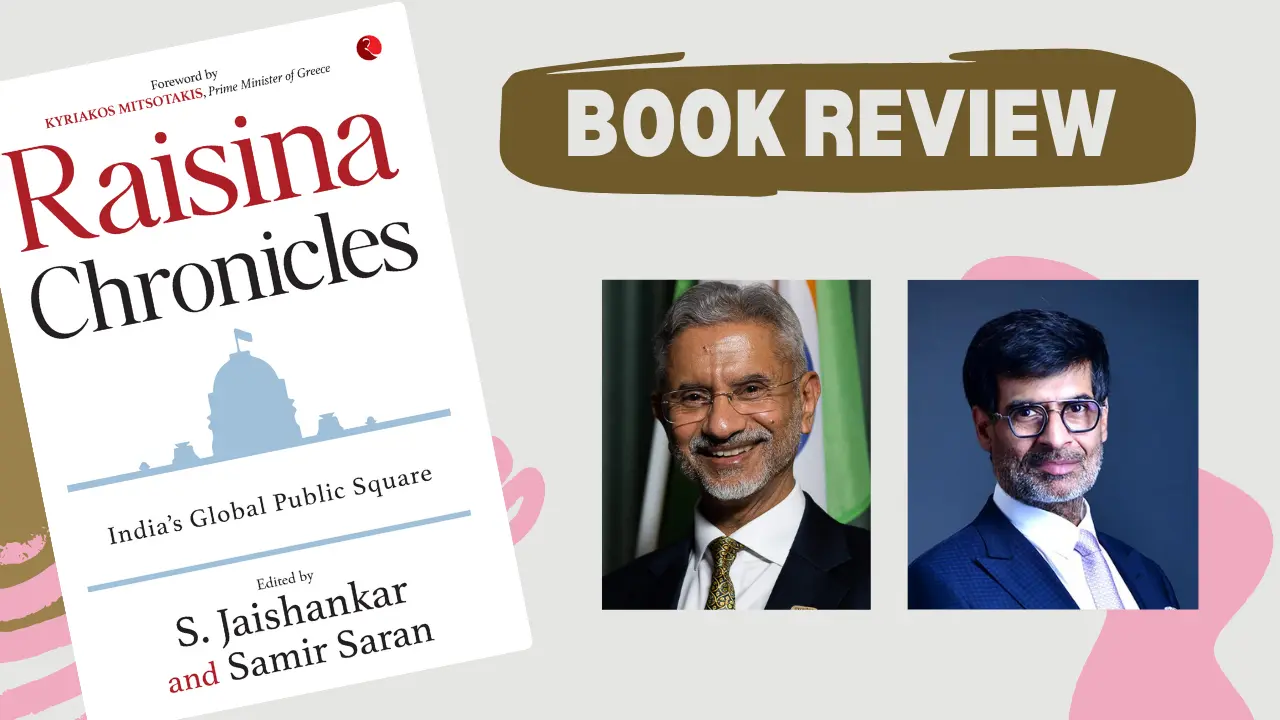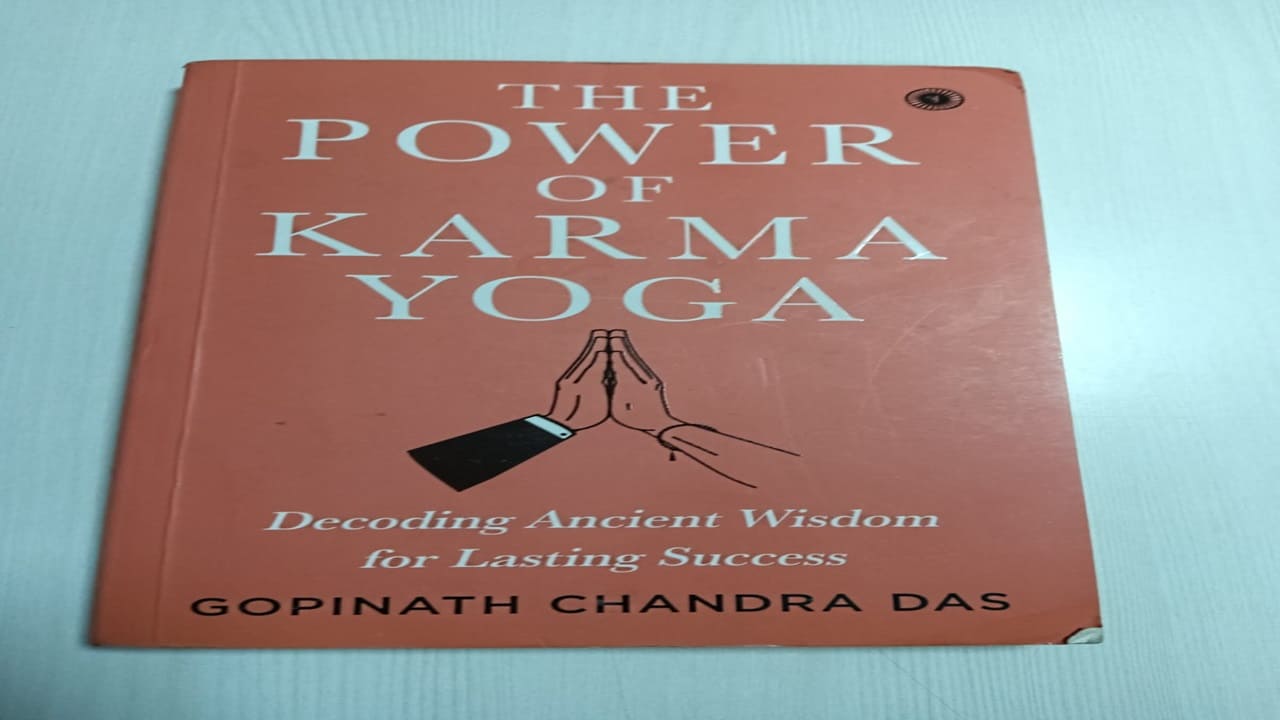By Shruti Kaushal
“Music is the literature of the heart, it commences where speech ends.”- Alphonse de Lamartine
When asked to interview Poly Varghese, the world’s finest Mohan Veena player, I knew nothing about him. Mohan Veena? Yes, a veena fashioned out of the slide guitar? Research is an integral part of every writer’s work and now it was time to look up Mr Varghese. The very first thing I did was look him up on all social media platforms. Facebook? Check! Instagram? Check! Spotify? Check! Twitter? Check! Little did I know that in researching the musician, I’ll fall in love with an instrument I had never heard of before.
While I was preparing the questions for this disciple of Grammy Award winner Pandit Vishwa Mohan Bhatt, I got Zsa Zsa Zsu. If music is food for the soul, I was ravenous. Poly Varghese, the long-haired musician, with glasses on (saw his pictures and videos on Instagram) shared his wealth of knowledge with APN.
“Music is an emotional interpretation of our soul. All things belong to silence and sounds are the translation of silence. So, music is a combination of sound and silence. The continuous sound will be noise, but between two sounds and two noises, if there is a gap, that beauty is music. For me, music is the interpretations of my inner God and my inner silence,” Varghese said.
Read Also: Loan EMIs to go up? RBI hikes interest rate by 40 basis points, everything you need to know
What is a musician without a guru? When it comes to an Indian musician, it is said that a disciple should abide every moment by the guru’s guidance/ do whatever the guru wishes. The guru-shishya parampara is a centuries-old tradition of teaching that demands complete surrender to the guru, and a lonely meditation and practice of the music form.
On his guru Vishwa Mohan Bhatt and how he inspired him to pursue Mohan Veena full time, Varghese said, “Guruji treats me like his son and I am the luckiest person to be his senior disciple. He is a highly dedicated and lovable person. When he plays Mohan Veena, it feels someone is talking and he is continuously talking to me through his music.”
“I remember, he heard me while I was practising. He said I can be better and preach my destiny without him. He converses with me through his music and I met my destiny,” he said.
Reminiscing the time when he first discovered the Mohan Veena, Varghese said, “I heard the instrument in a TV show for the very first time and I was stunned. I saw Vishwa Mohan Bhatt performing and I wondered who is this man. At that moment, I felt Mohan Veena is my instrument and I want to learn this instrument.”
“Mohan Veena made me more lovable and understanding. It has taught me the language of love and how to become a good lover of humanity and mankind,” he said.
With films ubiquitous in India, Varghese has scored background music for several Bengali films, and Malayalam works such as Jeevan Massai (2001) and Kalavarkey (2003). And we cannot deny that Indian Pop culture is overpowering regional music industries and Indian classical music for that matter. Varghese explained Indian pop music and said, “Pop music does not have any identity without any kind of raga system. Whether it is pop or jazz, these music forms are inspired by folk tradition.”
“When it comes to classical music, it has extraordinary energy and no other form of music can beat that. Indian or Hindustani classical is enriched as it has all kinds of traditional music like folk, nomadic, and Sufi,” he said.
With the rising trend of music meeting technology, promoting songs and putting them out for a larger audience has become hassle-free. Apps such as Spotify, Amazon Music, and others have provided a platform for musicians across the world to earn revenue, however a pittance it is, and have also influenced the Gen Z and Millennials to discover music, irrespective of geographical barriers.
Varghese believes the internet is the innovation of science that has given us such platforms to understand, listen to, and sell ourselves. “Spotify and Amazon are such platforms that give artistes an opportunity to sell their products. People who may not know but can listen and appreciate your work. We don’t know if we will get any chance to travel and collaborate. However, these applications have opened the gates for such things,” he said.
Read Also: After heavy rain and thunderstorms in Hyderabad, it is pouring memes and jokes on Twitter; best ones here
“I jammed and collaborated with several music maestros and everyone has reverence for not only the traditional Indian music but for the Indian music industry as a whole which includes Tamil, Malayalam, Bengali, Telugu, Hindi, and others. This is the power of applications like Spotify and Amazon,” he further added.
The 52-year-old Varghese has also performed in West Bengal and Tamil Nadu in theatres. According to him, in theatre, there is only one possibility unlike performing on the screen. There is only one frame in a film but in theatre, one’s expressions are loud and need improvisation, he said.
When the Covid-19 pandemic hit, Poly Varghese suffered a heart attack. He remembers he was about to fly to the United States for a concert when the coronavirus was rampant across the world. Unfortunately, Varghese had to cancel the trip and went a few notches down mentally. The trauma was real. “I was in Chennai that time and jammed on Zoom calls with Grammy musicians. Confined inside the four walls of the house, my health deteriorated. I moved to Wayanad in Kerala for a couple of months and suffered a heart attack one night,” he said.
“I was taken to the hospital but refused to go through any surgery because I wanted a natural death. After I recovered, I felt I got a new life. I played 72 Carnatic ragas on the Mohan Veena and also finished a novel after recovery,” Varghese added.
Poly Varghese has led a nomadic life and celebrated music. He collaborated with Salsa musicians from Cuba, a group of Iranian and Moroccan musicians for a Moroccan radio station project, and musicians from the Amazon. A poet, a musician, and an actor.
Look him up on Spotify or Amazon or elsewhere, thank me later!
Uttar Pradesh horror: 13-year-old girl went to file rape case, allegedly raped again by cop
Two tribal men killed on suspicion of alleged cow slaughter in Madhya Pradesh


 Entertainment21 hours ago
Entertainment21 hours ago
 India News18 hours ago
India News18 hours ago
 India News15 hours ago
India News15 hours ago
 Latest world news1 hour ago
Latest world news1 hour ago
 Cricket news51 mins ago
Cricket news51 mins ago
 Latest world news25 mins ago
Latest world news25 mins ago



